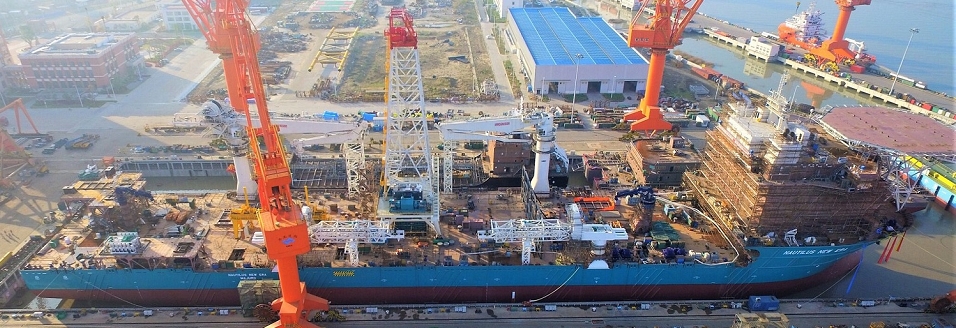BY: Dionisia Tabureguci
Deep sea miner Nautilus Minerals Inc. will meet with its unsecured creditors this month – among them companies from Fiji, Papua New Guinea and Vanuatu – to discuss its plan to settle US$20million worth of debt.
In an announcement this week, Nautilus said it has been granted permission by the Supreme Court of British Columbia in Canada to convene the meeting as well as to enter into an acquisition agreement with Deep Sea Mining Finance Ltd (DSMF).
DSMF, created in 2017 to help keep the floudering Nautilus afloat, is headed by former Nautilus director Mark P. M. Horn and is jointly owned by two heavyweight international miners Russian-owned Metalloinvest Holding Ltd and Omani conglomerate MB Holding Company LLC.
Both are also major shareholders in Nautilus Minerals Inc.
Nautilus said under the Companies’ Arrangement Act (Canada), it has been allowed by the Supreme Court of British Columbia to be acquired by DSMF where DSMF will acquire some of its subsidiaries and some intercompany debt.
Lists of unsecured creditors published by PriceWaterhouseCoopers Canada, the company’s appointed monitor, showed a bulk of its debt US$19.36 million – is owed to DSMF while the rest is owed to businesses in the US, Canada, Australia, United Kingdom, and Singapore amongst others.
In the Pacific, its unsecured creditors include BDO PNG, European Trust in Port Vila, KPMG and PriceWaterhouseCoopers in Fiji.
Nautilus said if the payment plan with creditors is approved and goes through court processes without any other change, Nautilus will be left with no assets and, upon the plan’s implementation, will be liquidated.
The company was granted the first seabed mining lease in territorial waters of Papua New Guinea – known as Solwara 1, and it had ambitions to be the world’s first producer of copper, gold and silver mined in the deep.
However, the capital intensive exploration work amounted to no commercial mining activity and the company went bankrupt.
It filed for bankruptcy protection in Canada in February this year and was delisted from the Toronto Stock Exchange in April.
The PNG government also has 15 percent shares in the company.

One Comment “Nautilus Minerals looks to settle US$20m debt”
Comments are closed.